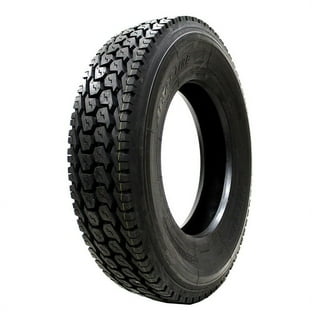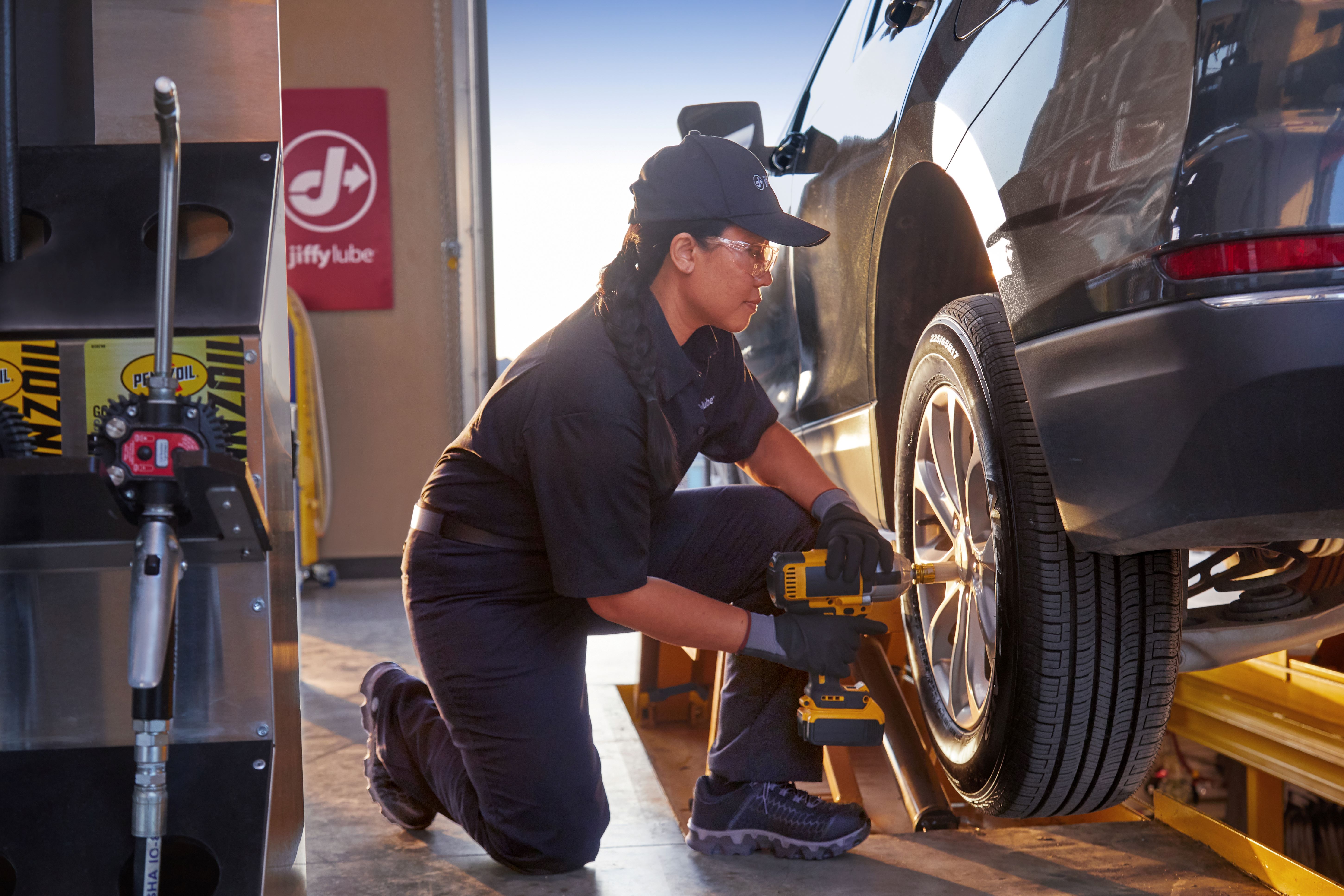Enjoy Big Savings on Discount Tires Morris IL: Shop Currently for Deals
Enjoy Big Savings on Discount Tires Morris IL: Shop Currently for Deals
Blog Article
Tire Solution: Recognizing Tire Stress Tracking Solutions
Understanding Tire Stress Surveillance Equipments (TPMS) is an important aspect of maintaining ideal automobile performance and safety and security on the road. With innovations in auto technology, TPMS has actually come to be a basic function in contemporary lorries, offering real-time info on tire pressure degrees. Diving deeper into the complexities of TPMS, one can discover the various components that make up this system and the significance of each in making sure accurate surveillance. From straight to indirect TPMS systems, the landscape of tire stress tracking varies, each with its unique set of factors to consider and advantages. Stay tuned to unwind the complexities of TPMS, from upkeep pointers to the undeniable benefits of keeping your tires properly inflated. discount tires morris il.

Relevance of TPMS
The relevance of Tire Pressure Surveillance Systems (TPMS) depends on their capacity to enhance car safety and performance via real-time surveillance of tire pressure degrees. Preserving the proper tire stress is critical for ensuring optimal handling, stopping, and total security of a vehicle. TPMS supplies chauffeurs with immediate comments on any type of underinflated or overinflated tires, permitting timely adjustments to be made.
Elements of TPMS
Consisting of various important components, a Tire Pressure Monitoring System (TPMS) functions as a sophisticated security function in modern lorries. The main parts of a TPMS include sensing units, a control module, and a caution sign. Sensors are generally located in the tire valve stem or affixed to the wheel assembly, where they gauge tire stress and send information to the control component. If it finds significantly low stress in any of the tires, the control component procedures this information and causes a caution. The caution indicator, often a sign on the dashboard, notifies the vehicle driver to check the damaged tire or tires. Some progressed TPMS models also display the actual tire pressure analyses for every tire, providing drivers with real-time information to make certain optimal tire efficiency and safety and security. By checking tire stress continuously, TPMS helps prevent accidents, reduces tire wear, and improves fuel efficiency, making it a crucial element for lorry safety and security and efficiency.
Sorts Of TPMS

On the various other hand, indirect TPMS relies upon the car's wheel speed sensing units to monitor tire pressure. This system discovers underinflation by comparing the rotational rates of the wheels. Indirect TPMS is much less expensive than straight TPMS, as it makes use of existing sensing units within the automobile.
While straight TPMS uses more precise readings, indirect TPMS is less complex in style and commonly calls for less maintenance. Both systems have their advantages and limitations, and the option in between them commonly relies on variables such as cost, automobile make, and individual preference. Comprehending the differences in between these two sorts of TPMS can aid lorry proprietors make informed decisions concerning official site tire upkeep and safety and security.
TPMS Maintenance Tips
Reliable upkeep of TPMS is crucial for ensuring ideal efficiency and safety of your lorry. Regularly inspecting the TPMS sensors for any damages or rust is important. Guarantee that the sensors are free and clean from debris that could interfere with their functioning. In addition, it is recommended to inspect the sensor batteries periodically and replace them as needed to ensure accurate readings. Conduct routine look at the tire stress levels and compare them with the TPMS analyses to ensure they correspond. Alter the system complying with the supplier's guidelines if there are any type of inconsistencies. Moreover, during tire rotation or replacement, make certain that the TPMS components are managed carefully to avoid any kind of prospective damage. If the TPMS cautioning light brightens on the dashboard, address the problem promptly by examining the tire stress and the general system for any kind of faults. By adhering to these maintenance ideas, you can extend the lifespan of your TPMS and improve the safety and security of your driving experience.
Advantages of Proper Tire Pressure
Maintaining correct tire pressure, as stressed in TPMS Upkeep Tips, is vital for reaping the various advantages connected with ideal tire pressure levels. One of the primary advantages of keeping the appropriate tire pressure is improved fuel effectiveness. When tires are properly blown up, there is much less moving resistance, causing much better fuel economy. Furthermore, appropriate tire pressure ensures also tire wear, expanding the lifespan of the tires and advertising more secure driving conditions. With the ideal tire stress, cars additionally have much better handling and grip, particularly in adverse climate problems. This can enhance total driving performance and safety and security for the driver and guests. In addition, preserving ideal tire stress can add to a smoother and much more comfortable experience by minimizing vibrations and sound brought on by underinflated tires. Finally, the benefits of correct tire pressure exceed just discover this info here tire durability; they incorporate enhanced gas effectiveness, enhanced safety and security, much better vehicle efficiency, and general driving comfort.
Conclusion
To conclude, comprehending tire stress monitoring systems (TPMS) is important for keeping optimal tire pressure and making certain car security. By acknowledging the value of TPMS, knowing with its components, understanding the different types available, adhering to proper upkeep ideas, and realizing the advantages of keeping appropriate tire pressure, chauffeurs can improve their driving experience and lengthen the life-span of their tires. Correct tire stress is vital to secure and efficient lorry procedure.

Report this page